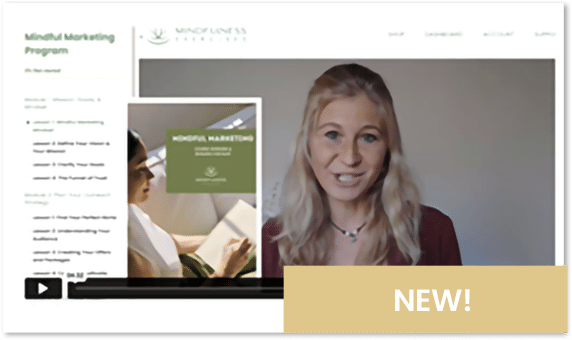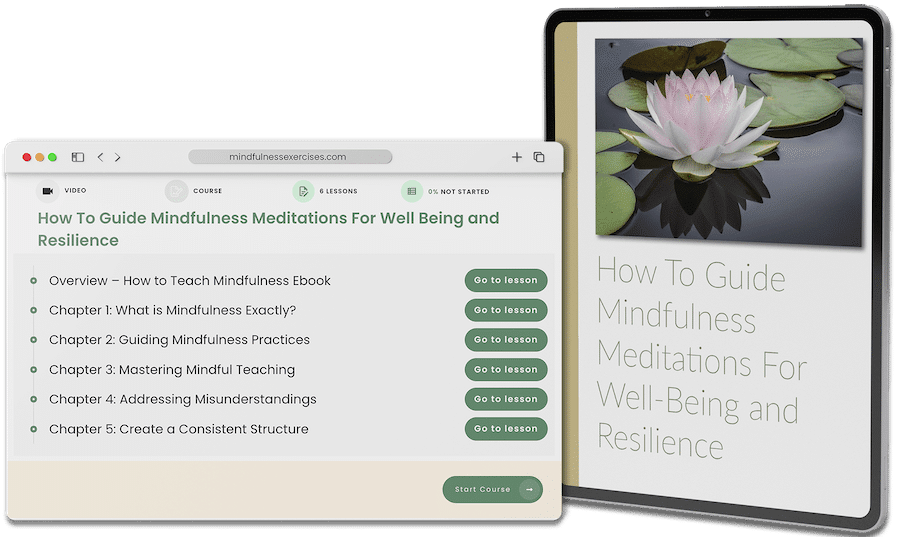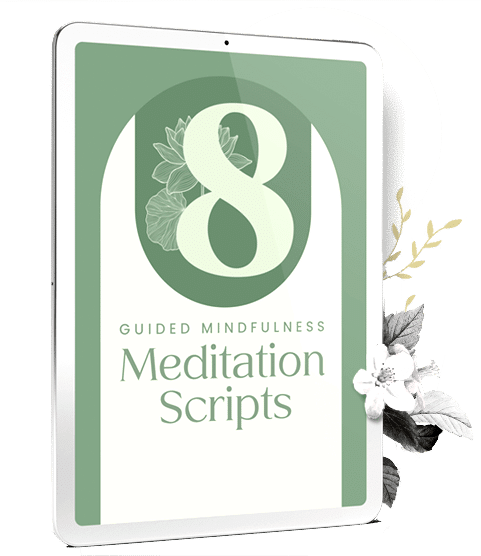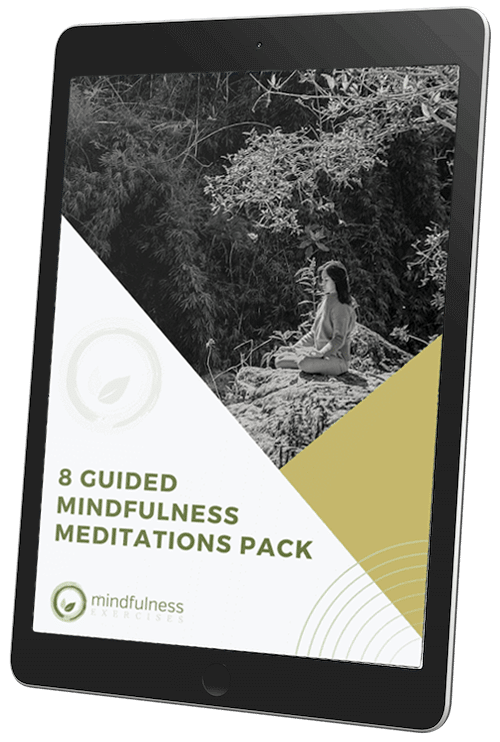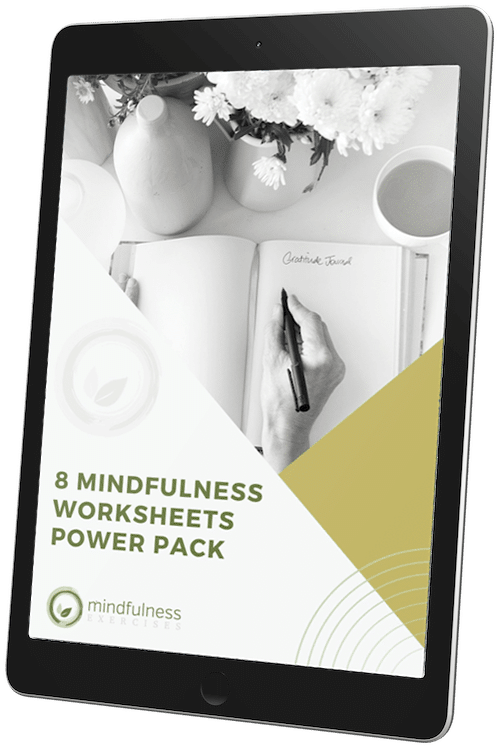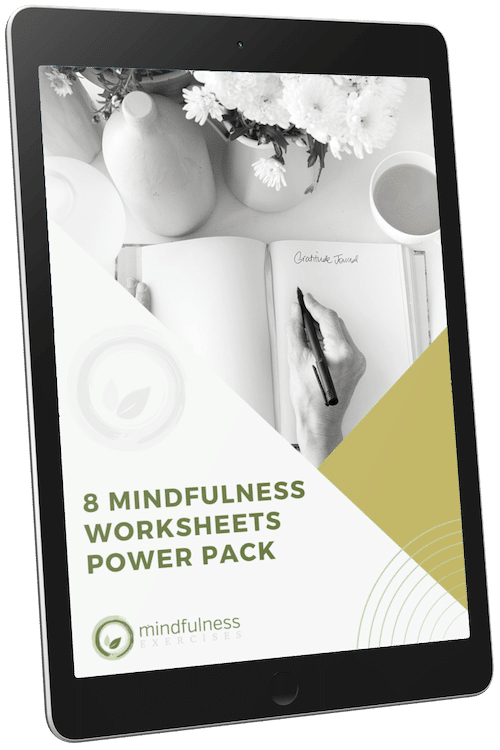Enter your name and email address to download this ebook.
Here Is Your Free Ebook:
MEDITATION: WHAT & WHY
Meditation is training for the mind, to help it develop the strengths and skills it needs to solve its problems. Just as there are many different remedies for the various illnesses of the body, there are many different types of meditation for the various problems of the mind.
The meditation technique taught in this book is a skill aimed at solving the mind’s most basic problem: the stress and suffering it brings on itself through its own thoughts and actions. Even though the mind wants happiness, it still manages to weigh itself down with mental pain. In fact, that pain comes from the mind’s misguided efforts to find happiness. Meditation helps to uncover the reasons for why the mind does this and, in uncovering them, helps you to cure them. In curing them, it opens you to the possibility of genuine happiness, a happiness you can rely on, a happiness that will never change or let you down.
That’s the good news of meditation: Genuine happiness is possible, and you can reach it through your own efforts. You don’t have to content yourself only with pleasures that will eventually leave you. You don’t have to resign yourself to the idea that temporary happiness is the best life has to offer. And you don’t have to pin your hopes for happiness on any person or power outside yourself. You can train the mind to access a totally reliable happiness, a happiness that causes no harm to you or to anyone else.
Not only is the goal of meditation good; the means for attaining that goal are good as well. They’re activities and mental qualities you can be proud to develop: things like honesty, integrity, compassion, mindfulness, and discernment. Because true happiness comes from within, it doesn’t require that you take anything from anyone else. Your true happiness doesn’t conflict with the true happiness of anyone else in the world. And when you find true happiness inside, you have more to share with others.
This is why the practice of meditation is an act of kindness for others as well as for yourself. When you solve the problem of stress and suffering, you, of course, are the person who will most directly benefit. But you aren’t the only one. This is because when you create stress and suffering for yourself, you weaken yourself.
You place burdens not only on yourself but also on the people around you: both by having to depend on them for help and support, and also by damaging them with the foolish things you might do or say out of weakness and fear. At the same time, you’re hampered from helping them with their problems, for your hands are filled with your own. But if your mind can learn how to stop causing itself stress and suffering, you’re less of a burden on others and you’re in a better position to give them a helping hand.
So the practice of meditation teaches you to respect the things within you that are worthy of respect: your desire for a genuine happiness, totally reliable and totally harmless; and your ability to find that happiness through your own efforts.
To bring a total end to the mind’s self-inflicted stress and suffering requires a great deal of dedication, training, and skill. But the meditation technique taught in this book doesn’t give its benefits only to people who are ready to follow it all the way to the total cure of awakening. Even if you simply want help in managing pain or finding a little more peace and stability in your life, meditation has plenty to offer you. It can also strengthen the mind to deal with many of the problems of day-to-day life, because it develops qualities like mindfulness, alertness, concentration, and discernment that are useful in all activities, at home, at work, or wherever you are. These qualities are also helpful in dealing with some of the larger, more difficult issues of life. Addiction, trauma, loss, disappointment, illness, aging, and even death are a lot easier to handle when the mind has developed the skills fostered by meditation.
So even if you don’t make it all the way to total freedom from stress and suffering, meditation can help you to handle your sufferings more skillfully—in other words, with less harm to yourself and the people around you. This, in itself, is a worthwhile use of your time. If you then decide to pursue the meditation further, to see if it really can lead to total freedom, so much the better.
WHAT ’S IN THIS BOOK
The meditation technique described here is drawn from two sources. The first source is the Buddha’s set of instructions on how to use the breath in training the mind. These instructions are found in the Pali Canon, the oldest extant record of the Buddha’s teachings. As the Canon states, the Buddha found the breath to be a restful meditation topic—both for body and mind—as well as an ideal topic for developing mindfulness, concentration, and discernment. In fact, it was the topic he himself used on the path to his awakening. That’s why he recommended it to more people and taught it in more detail than any other topic of meditation.
The second source is a method of breath meditation developed in the last century by Ajaan Lee Dhammadharo, a master of a branch of Buddhism known in Thailand as the Wilderness Tradition. Ajaan Lee’s method builds on the Buddha’s instructions, explaining in detail many of the points that the Buddha left in a condensed form. I trained in this technique for ten years under Ajaan Fuang Jotiko, one of Ajaan Lee’s students, so some of the insights here come from my training with Ajaan Fuang as well.
I’ve followed these sources in focusing on the breath as the main topic of meditation because it’s the safest of all meditation topics. The technique described here brings the body and mind to a balanced state of well-being. This in turn allows the mind to gain balanced insights into its own workings, so that it can see the ways in which it’s causing stress and suffering, and let them go effectively.
–
If you liked this free mindfulness ebook and would like to make a direct financial contribution to this teacher, please contact them here: http://www.dhammatalks.org/
—
Material on this site is licensed under a Creative Commons Attribution-Noncommercial-No Derivative Works 3.0 License
Enter your name and email address to download this ebook.









